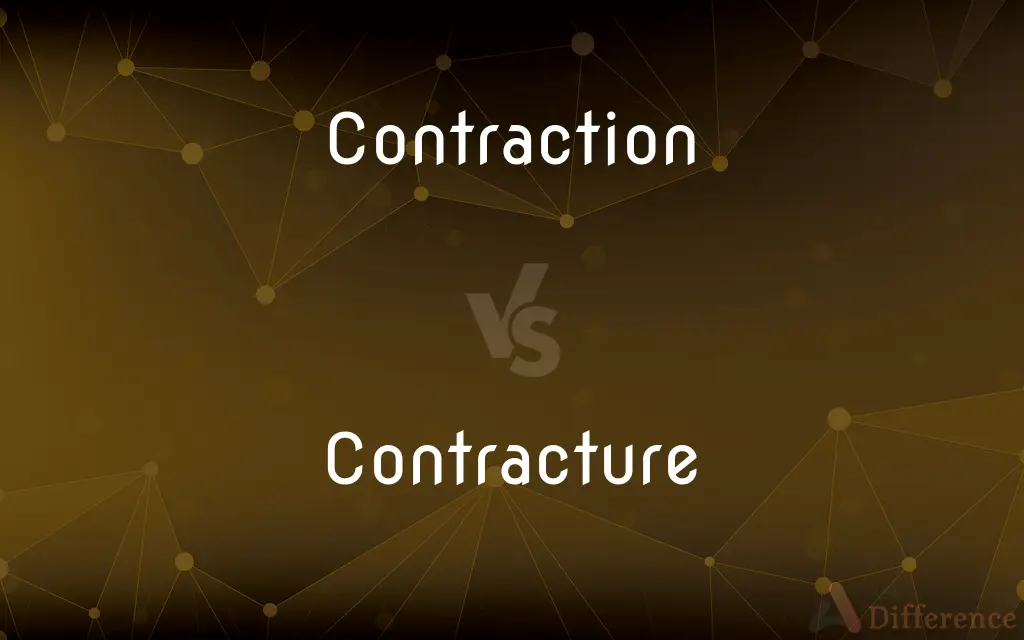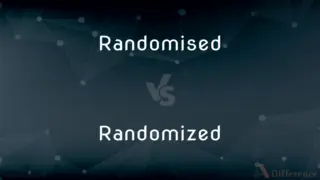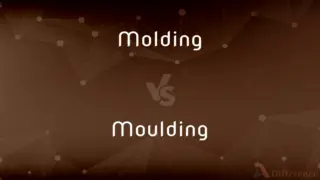Contraction vs. Contracture — What's the Difference?

Difference Between Contraction and Contracture
ADVERTISEMENT
Compare with Definitions
Contraction
The act of contracting or the state of being contracted.
Contracture
In pathology, a contracture is a permanent shortening of a muscle or joint. It is usually in response to prolonged hypertonic spasticity in a concentrated muscle area, such as is seen in the tightest muscles of people with conditions like spastic cerebral palsy, but can also be due to congenital abnormal development of muscles and connective tissue in the womb.
Contraction
A word, as won't from will not, or phrase, as o'clock from of the clock, formed by omitting or combining some of the sounds of a longer phrase.
Contracture
An abnormal, often permanent shortening, as of muscle or scar tissue, that results in distortion or deformity, especially of a joint of the body.
Contraction
The formation of such a word.
ADVERTISEMENT
Contracture
A deformity resulting from a contracture.
Contraction
(Physiology) The shortening and thickening of functioning muscle or muscle fiber.
Contracture
(medicine) An abnormal, sometimes permanent, contraction of a muscle or skin; a deformity so caused.
Contraction
Any of a series of sudden and involuntary tightenings of the uterine muscles occurring before or during childbirth.
Contracture
A state of permanent rigidity or contraction of the muscles, generally of the flexor muscles.
Contraction
A period of decreased business activity.
Contracture
An abnormal and usually permanent contraction of a muscle
Contraction
A reversible reduction in size.
Contraction
(economics) A period of economic decline or negative growth.
The country's economic contraction was caused by high oil prices.
Contraction
A shortening of a muscle during its use.
Contraction
A strong and often painful shortening of the uterine muscles prior to or during childbirth.
Contraction
(linguistics) A process whereby one or more sounds of a free morpheme (a word) are lost or reduced, such that it becomes a bound morpheme (a clitic) that attaches phonologically to an adjacent word.
In English, didn't, that's, and wanna, the endings -n't, -'s, and -a arose by contraction.
Contraction
(English orthography) A word with omitted letters replaced by an apostrophe, usually resulting from the above process.
Don't is a contraction of do not; and 'til is a contraction of until.
Contraction
A shorthand symbol indicating an omission for the purpose of brevity.
Contraction
The acquisition of something, generally negative.
Our contraction of debt in this quarter has reduced our ability to attract investors.
Contraction
The process of contracting a disease.
The contraction of malaria
Contraction
(phonetics) Syncope, the loss of sounds from within a word.
Contraction
A distinct stage of wound healing, wherein the wound edges are gradually pulled together.
Contraction
The act or process of contracting, shortening, or shrinking; the state of being contracted; as, contraction of the heart, of the pupil of the eye, or of a tendon; the contraction produced by cold.
Contraction
The process of shortening an operation.
Contraction
The act of incurring or becoming subject to, as liabilities, obligation, debts, etc.; the process of becoming subject to; as, the contraction of a disease.
Contraction
Something contracted or abbreviated, as a word or phrase; - as, plenipo for plenipotentiary; crim. con. for criminal conversation, etc.
Contraction
The shortening of a word, or of two words, by the omission of a letter or letters, or by reducing two or more vowels or syllables to one; as, ne'er for never; can't for can not; don't for do not; it's for it is.
Contraction
A marriage contract.
Contraction
(physiology) a shortening or tensing of a part or organ (especially of a muscle or muscle fiber)
Contraction
The process or result of becoming smaller or pressed together;
The contraction of a gas on cooling
Contraction
A word formed from two or more words by omitting or combining some sounds;
`won't' is a contraction of `will not'
`o'clock' is a contraction of `of the clock'
Contraction
The act of decreasing (something) in size or volume or quantity or scope
Share Your Discovery

Previous Comparison
Randomised vs. Randomized
Next Comparison
Molding vs. Moulding














































